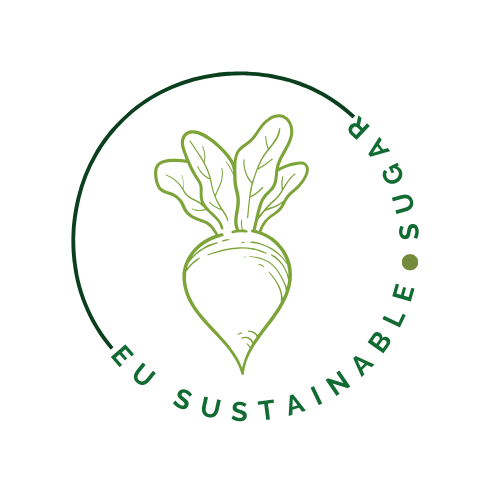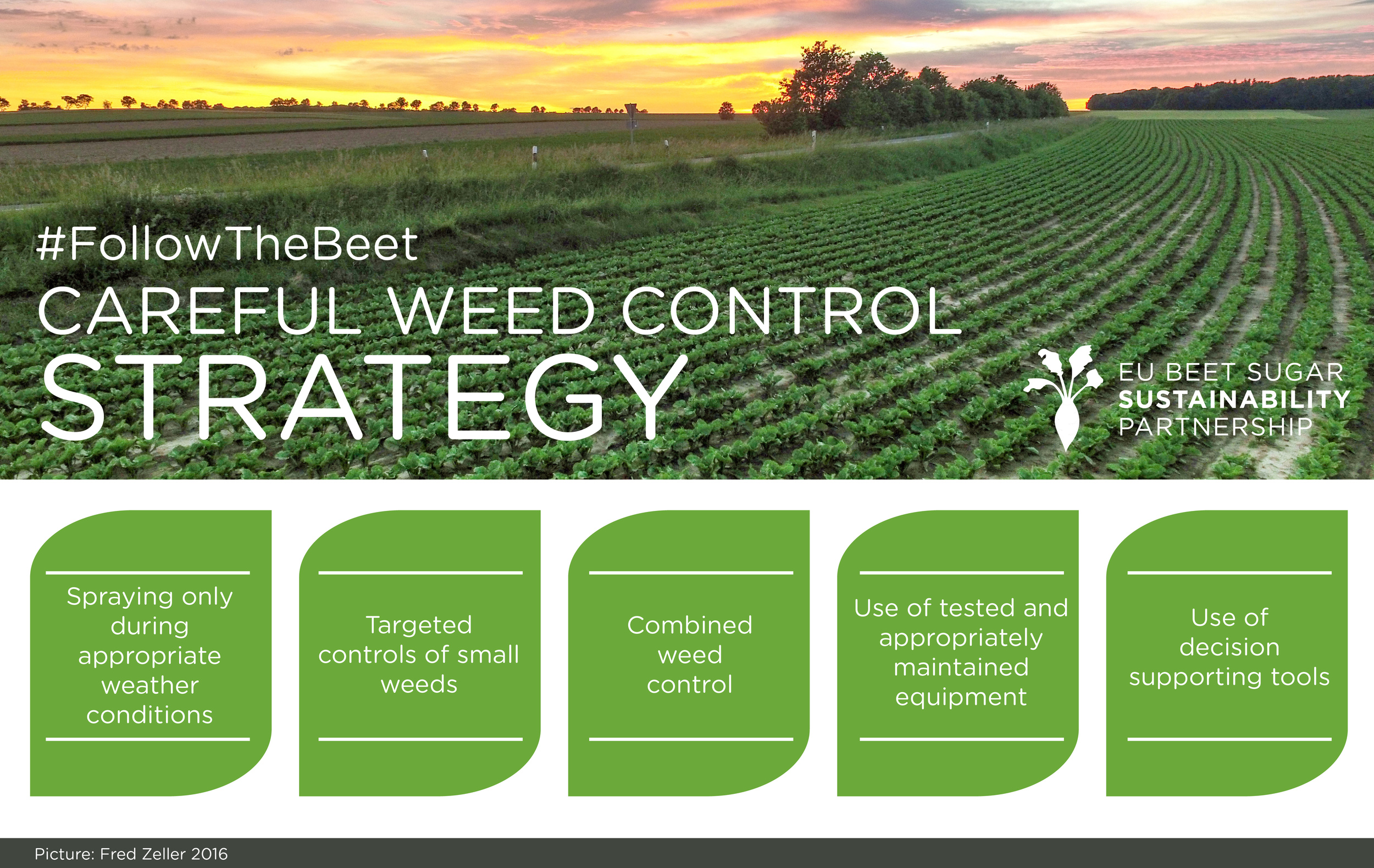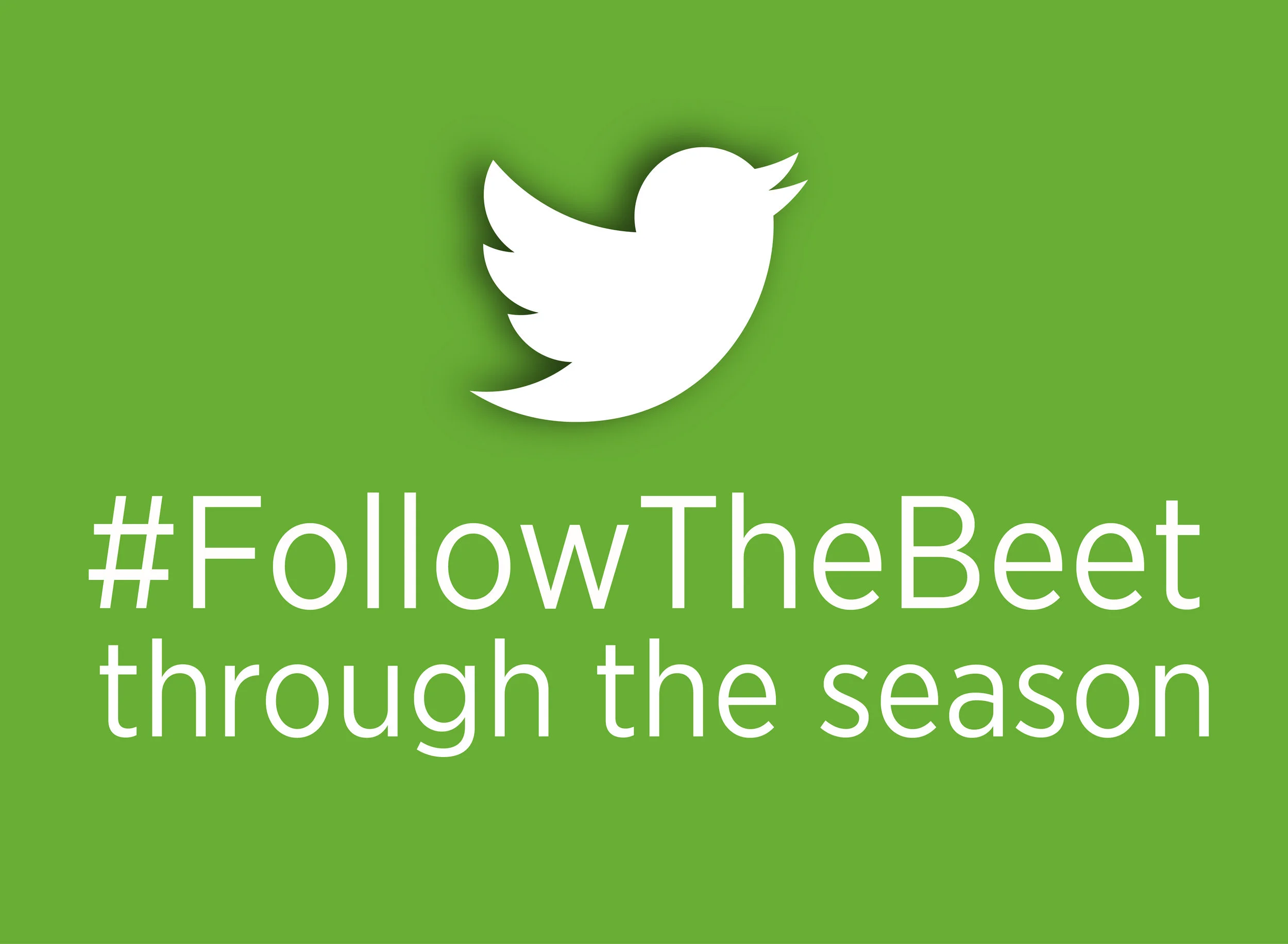EUBSSP RESPONSE TO THE EUROPEAN POLITICAL STRATEGY CENTER STRATEGIC NOTE "SUSTAINABILITY NOW! A EUROPEAN VISION FOR SUSTAINABILITY"
/Following the publication of the EPSC note “Sustainability Now!”, the EU Beet Sustainability Partnership (EUBSSP) has sent a letter to the Commission contributing to underline the high sustainability of our sector.
SOIL PREPARATION BEFORE BEET SOWING IN SOUTH GERMANY
/South German beet growers increasingly prepare mulch to enhance organic matter and prevent soil erosion.
The EUBSSP INTRODUCING: THE GOOD PRACTICES
/Did you know about our EUBSSP? #FollowTheBeet through the season, discover our Good Practices!
ISSUE BRIEF: SOCIAL DIALOGUE
/Social dialogue consists of an organized and structured dialogue between employers and employees’ representatives on all matters related to the social impacts of the companies’ activities. It is also a means of involving employees in important decisions for the company, especially when those can impact the workforce.
The EU sugar sector benefits from the experience of more than 40 years of dynamic and vibrant social dialogue at European level, replicated and nourished by the experiences of national and company-level social dialogues. The compulsory Code of Conduct on Corporate Social Responsibility, agreed in 2003 and implemented ever since, is one of the most visible and stronger symbols of the social partners’ commitment to promote good working conditions, in particular when the need to improve companies’ performance is at stake.
Hence, social dialogue has been key to ensure a socially adequate transition in difficult times such as the 2006-2009 EU sugar market reform and will continue to do so as the sector prepares itself to face the challenges of further reform in 2017.
ISSUE BRIEF: CLIMATE CHANGE
/On the occasion of the start of the negotiations for the COP21 in Paris, the EUBSSP has prepared an Issue Brief to illustrate the contribution of the EU Beet Sugar sector to the reduction of GHG emissions.
HOW DOES THE EU BEET SUGAR SECTOR ADAPT TO CLIMATE CHANGE AND HELP TO REDUCE GHG EMISSIONS?
Beet growing and processing are exposed to the positive and negative consequences of climate change which impose the development of different adaptation strategies. The greenhouse gases (GHG) – CO₂, CH₄ and N₂O – arising from beet growing and processing largely derive from the use of energy and agricultural inputs, in particular fossil fuels and fertilizers. However, beet growing is not only a source of GHG, but also a GHG sink via atmospheric carbon fixation and the sequestration of carbon in the soil, notably through the return of organic matter (crop residues). Finally, the reduction of fossil energy and of fertilizer use in both beet cultivation and processing through various good practices have led to tangible results in the reduction of GHG emissions and the mitigation of climate change.
PRESS RELEASE - EUROPEAN BEET SUGAR SECTOR LAUNCHES SUSTAINABILITY COLLABORATION
/The EU Beet Sugar Sustainability Partnership (EU BSSP) has announced the launch of its first joint initiative on sustainability throughout the sector.
STAKEHOLDER ROUNDTABLE AT EXPO MILAN - OPEN INVITATION
/We would like to introduce the work of the EU Beet Sugar Sustainability Partnership.
Formed in 2013 as a coalition between EU beet growers (represented by CIBE), sugar producers (CEFS) and trade unions in the food and agriculture sectors (EFFAT), the Partnership exists to demonstrate sustainability throughout the beet sugar industry in the region.
We would also like to invite you to join us for an important stakeholder roundtable in Milan on 9th September 2015.
We are now launching our first major project: the Good Practices. We developed the Good Practices to illustrate the sustainability practices in place in beet cultivation, sugar processing and our combined approach to social responsibility and dialogue with stakeholders. As we launch the Good Practices this month, we are encouraging our members, colleagues and collaborators to learn more about how we view our sustainability challenges and responsibilities, and how we are working to address the significant expectations our stakeholders have – for quality products, a sustainable and eco-efficient industry, and for responsible supply chains, to which we contribute every day, around the world.
Alongside the Good Practices, we have developed a range of additional documents and materials you might find helpful.
The following tools are available, to meet the specific needs and interests you may have:
- Overview Brochure: a succinct explanation of our aims and objectives and introduction to the Good Practices
- Sustainability Review: an overview of our sector's material impacts and issues with respect to sustainability, with a description of our approach to managing them
- Issue Briefs: a set of in-depth, issue-specific backgrouders that explore a topic of key interest, how our industry affects it, and what we are doing about it. We currently have issue Briefs available on soil and water.
- Good Practices handbook: the full, detailed Good Practices - complete with dozens of illustrative case studies and links to relevant European legislation - are available online.
In September, we will convene a workshop of experts, partners and stakeholders to discuss, debate and feed back on the Partnership and the Good Practices, and we would be delighted if you would agree to join us on 9th September. This event will be hosted by DG Agri in the EU pavilion at Expo 2015, in Milan.
Please do let us know whether we can answer any questions you might have at this stage – whether about the Partnership, the Good Practices, or the workshop. You can email us at contact@sustainablesugar.eu. We look forward to hearing from you.
More information at contact@sustainablesugar.eu























